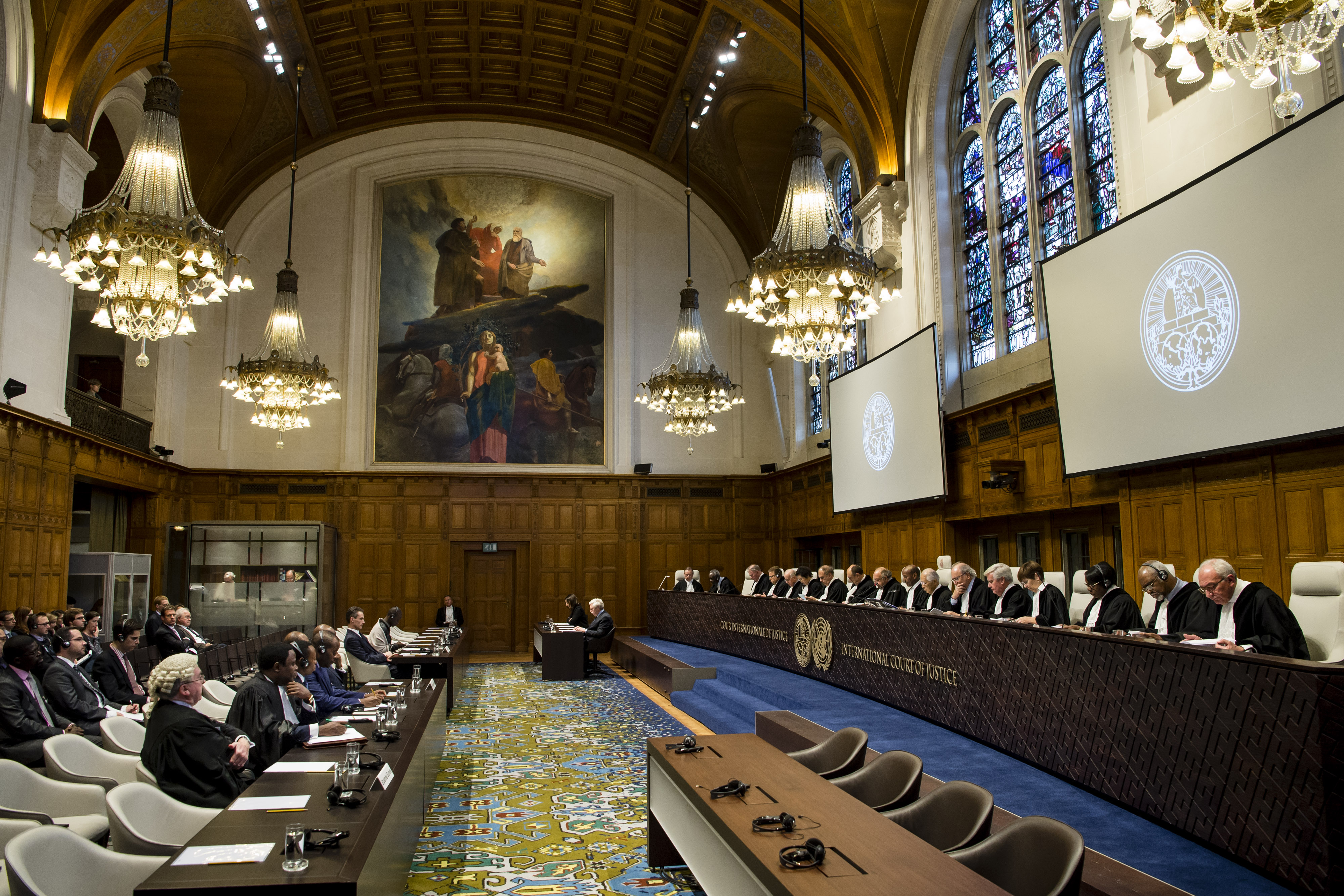Koh on the Legality of the UBL Operation
Over at Opinio Juris, State Department Legal Advisor Harold Koh has issued an official statement regarding the legality of the UBL operation. No surprises here.
Published by The Lawfare Institute
in Cooperation With

Over at Opinio Juris, State Department Legal Advisor Harold Koh has issued an official statement regarding the legality of the UBL operation. No surprises here. Harold quotes at length from his ASIL statement, and then offers what appear to be two distinct (or are they?) arguments as to why it was lawful to kill UBL.
First, Harold offers the argument that UBL was a lawful target in an armed conflict:
Given bin Laden’s unquestioned leadership position within al Qaeda and his clear continuing operational role, there can be no question that he was the leader of an enemy force and a legitimate target in our armed conflict with al Qaeda.Second, and apparently separately, Harold offers an "imminent threat" argument that looks like a distinct self-defense claim, one that would attach even if one does not agree that the United States and al Qaeda are engaged in an armed conflict:
In addition, bin Laden continued to pose an imminent threat to the United States that engaged our right to use force, a threat that materials seized during the raid have only further documented. Under these circumstances, there is no question that he presented a lawful target for the use of lethal force.Harold also addresses the surrender question, as follows:
Finally, consistent with the laws of armed conflict and U.S. military doctrine, the U.S. forces were prepared to capture bin Laden if he had surrendered in a way that they could safely accept. The laws of armed conflict require acceptance of a genuine offer of surrender that is clearly communicated by the surrendering party and received by the opposing force, under circumstances where it is feasible for the opposing force to accept that offer of surrender. But where that is not the case, those laws authorize use of lethal force against an enemy belligerent, under the circumstances presented here.There no doubt will be lots of commentary, so stay tuned (we'll be discussing this issue later today at the National Security Law Workshop, during our end-of-the-day roundtable).
Robert (Bobby) Chesney is the Dean of the University of Texas School of Law, where he also holds the James A. Baker III Chair in the Rule of Law and World Affairs at UT. He is known internationally for his scholarship relating both to cybersecurity and national security. He is a co-founder of Lawfare, the nation’s leading online source for analysis of national security legal issues, and he co-hosts the popular show The National Security Law Podcast.



.png?sfvrsn=35857ae0_5)
.jpg?sfvrsn=f5d2b52b_5)
